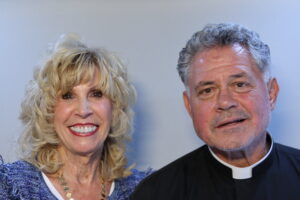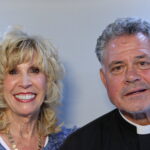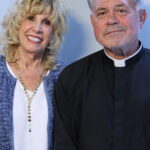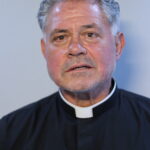Description
Colleagues Father Jack Siefert (61) and Judy Stanfield (79) talk about their relationships with God and navigating their faith in the face of illness, tragedy, and struggle.Subject Log / Time Code
Father Jack Siefert (FJ) expresses how he found the grace of God through sickness.
FJ reflects on dealing with severe illness as a child and living with diabetes.
Judy Stanfield (JS) remembers her son getting diagnosed with leukemia as a child.
JS talks about what led her to become a Chaplain at Cardinal Glennon Children's Hospital.
FJ asks JS what led her faith to become stronger after her son got sick.
FJ remembers growing up feeling angry – angry that he was sick and angry at God.
FJ reflects on the unconventional paths life takes us on.
FJ talks about being able to see the face of God in all of these crazy situations.
Participants
- Father Jack Siefert
- Judy Stanfield




